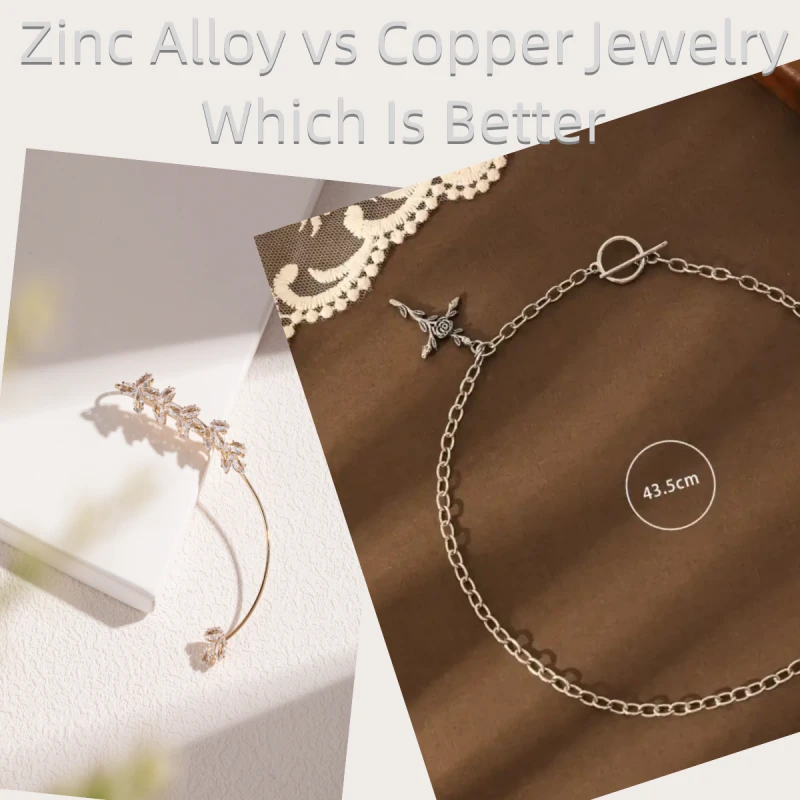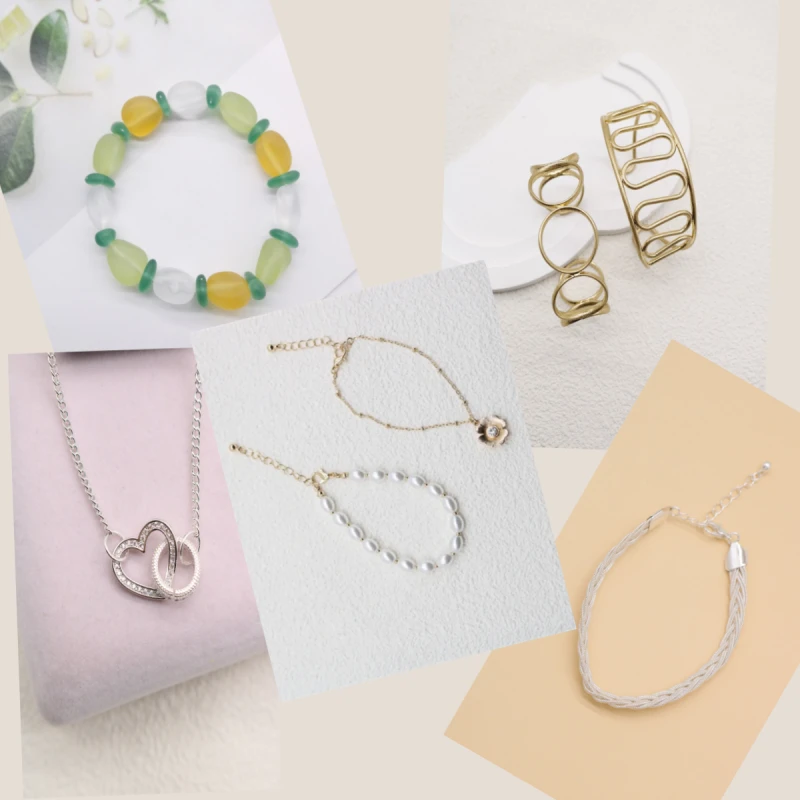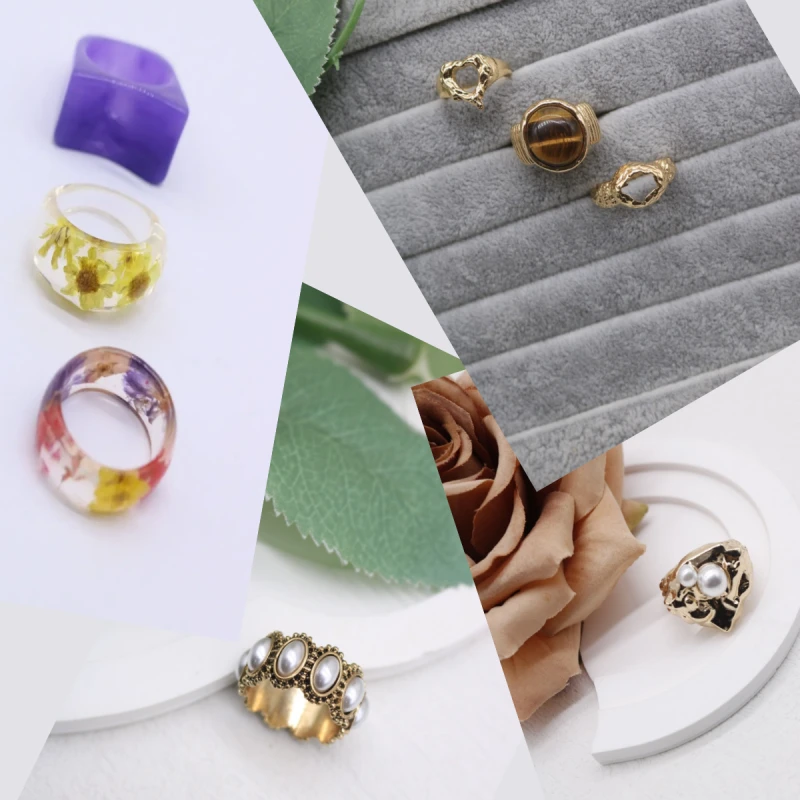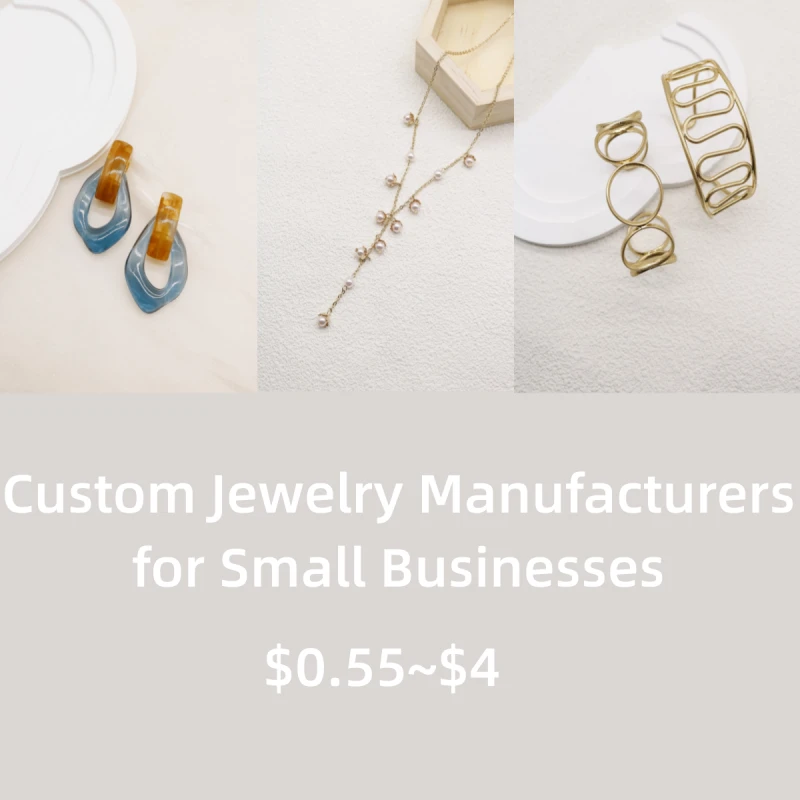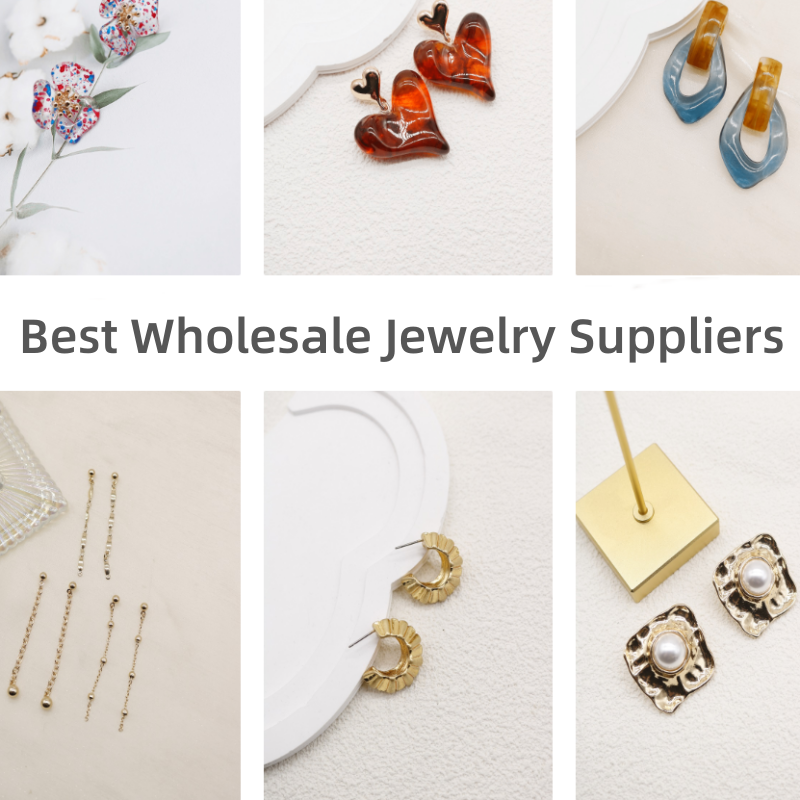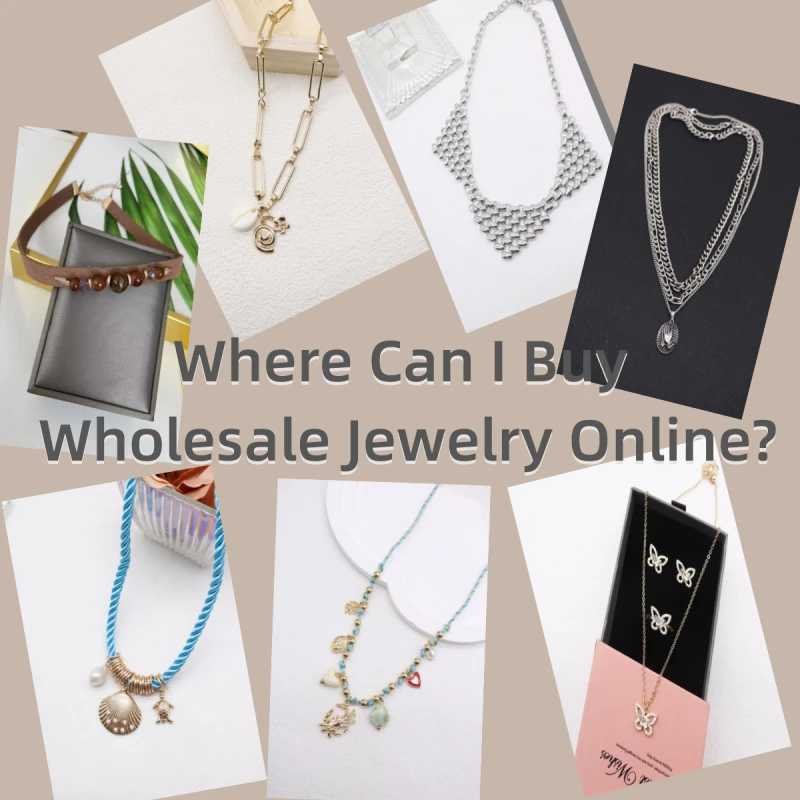In this guide, we’ll break down how to find a jewelry manufacturer that fits your needs, from identifying your requirements to building a reliable partnership.
1. Clarify Your Jewelry Business Needs
Before you start searching, define your brand’s direction:
Product type – Fine jewelry, fashion jewelry, costume jewelry, or specialty pieces (such as engagement rings or custom pendants).
Material preferences – Gold, silver, stainless steel, brass, gemstones, or synthetic materials.
Production scale – Small-batch production for boutique brands, or mass production for large retailers.
Budget range – Set realistic price points for both production and retail.
Tip: Write down your must-haves and “nice-to-haves.” This will help you filter manufacturers faster.
2. Decide Between Domestic and Overseas Manufacturers
When deciding how to find a jewelry manufacturer, you need to weigh the pros and cons of sourcing locally or internationally.
Domestic jewelry manufacturers (e.g., USA, Italy, Japan):
Pros: Easier communication, faster delivery, higher quality control.
Cons: Higher production costs, limited variety of styles.
Overseas jewelry manufacturers (e.g., China, Thailand, India):
Pros: Lower costs, wide variety, large production capacity.
Cons: Longer shipping times, potential language barriers, import duties.
3. Research Potential Jewelry Manufacturers
Here are some effective ways to search for the best jewelry manufacturers:
Online directories – Platforms like Alibaba, Made-in-China, ThomasNet, and Global Sources.
Trade shows – Events like JCK Las Vegas, Hong Kong Jewellery & Gem Fair.
Industry networks – Ask other jewelry designers or business owners for recommendations.
Google search with targeted keywords – Example: “custom gold jewelry factory China” or “OEM silver jewelry manufacturer USA.”
Social media & forums – LinkedIn, Instagram hashtags, and jewelry-making communities.
4. Check Manufacturer Credentials
Before you place your first order, ensure your shortlisted jewelry suppliers meet the following criteria:
Business license and company registration.
Experience in your product category.
Quality control process and certifications (ISO, SGS, etc.).
Customer reviews and testimonials.
Sample availability to test craftsmanship before mass production.
5. Request Samples and Compare Quality
Never skip the sampling stage. Request samples from at least 3–5 different jewelry manufacturers and compare:
Craftsmanship and finishing details.
Accuracy in following your design specifications.
Durability and wearability.
Pro tip: Don’t just look at beauty—check soldering, stone setting, and plating quality.
6. Evaluate Communication and Service
Good communication is the foundation of a successful partnership. When evaluating custom jewelry suppliers, pay attention to:
Response speed and clarity.
Willingness to explain manufacturing processes.
Flexibility in accommodating design changes.
7. Understand Pricing and Minimum Order Quantities (MOQ)
Most jewelry factories set a minimum order quantity (MOQ) to keep production efficient.
For fashion jewelry, MOQ may start at 100–300 pieces.
For fine jewelry, MOQ can be lower but unit cost is higher.
Make sure you understand:
Unit price for different order sizes.
Additional costs (packaging, engraving, molds).
Payment terms and deposit requirements.
8. Negotiate and Build a Long-Term Partnership
Once you choose a manufacturer, negotiate terms that work for both sides. This includes:
Production schedule.
Quality inspection process.
After-sales support for defective products.
Long-term benefit: Reliable relationships can lead to better pricing, priority scheduling, and more flexibility.
9. Avoid Common Mistakes When Choosing a Jewelry Manufacturer
Choosing solely based on the lowest price.
Skipping background checks.
Not clarifying intellectual property rights.
Rushing into mass production without proper sampling.
10. Final Checklist Before Working With a Jewelry Manufacturer
✅ Have a clear product design and material list.
✅ Verify the manufacturer’s experience in your jewelry type.
✅ Request and approve samples before bulk order.
✅ Set clear contracts with quality standards and timelines.
Conclusion
Knowing how to find a jewelry manufacturer is not just about running a quick online search—it’s about building a long-term partnership that ensures quality, reliability, and brand growth. By following the steps in this guide, you’ll be able to identify, evaluate, and collaborate with the right supplier for your jewelry business.
When done right, choosing the perfect manufacturer will save you time, reduce risk, and help you create products that your customers will love—and that’s the foundation of a profitable jewelry brand.
Frequently Asked Questions (FAQ)
1. How can I find a reliable jewelry manufacturer online?
When looking for a reliable jewelry manufacturer online, it’s best to start with professional B2B platforms such as Alibaba or Global Sources, official trade fair websites, and industry case study databases. Always review past work, customer feedback, and factory certifications to ensure the supplier’s professionalism and credibility.
2. Should I choose a local manufacturer or an overseas manufacturer?
Local manufacturers offer easier communication and faster delivery, but usually at a higher cost. Overseas manufacturers (such as those in China, Thailand, and India) offer more competitive prices and a wider variety of styles, but require more communication and quality control measures. Your choice should depend on your budget, quality standards, and delivery requirements.
3. How can I tell if a jewelry factory has OEM/ODM capabilities?
Check whether they provide design and prototyping services, have a professional design team and CAD engineers, and can offer branded custom packaging and engraving according to your needs. It’s also important to ask about their production process and minimum order quantity (MOQ).
4. What is the usual MOQ when working with a jewelry manufacturer?
The MOQ varies by manufacturer and product type, typically ranging from 100 to 500 pieces. High-end custom orders may have lower MOQs but higher unit costs, while large-scale mass production may require higher MOQs but offer better pricing.
5. How can I ensure the quality of a jewelry manufacturer?
It’s recommended to place a small trial order first, request material testing reports (such as gold/silver content and plating thickness), and arrange third-party quality inspections during mass production.
6. Besides price, what other factors should I consider when choosing a jewelry manufacturer?
Beyond price, consider the manufacturer’s design capabilities, production lead times, quality control systems, after-sales support, and communication efficiency. These factors will directly impact the final product and your overall working experience.
